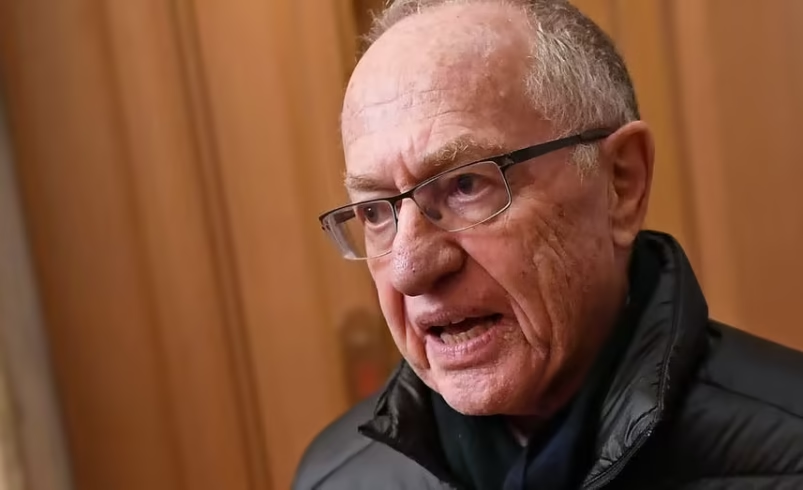Alan Dershowitz Faces Culinary Blacklisting Over Political Views
- August 9, 2025
- 0

Harvard Professor Alan Dershowitz finds himself embroiled in a culinary controversy reminiscent of a “Seinfeld” episode, as he faces a unique form of blacklisting in Martha’s Vineyard. The renowned lawyer, known for his defense of President Donald Trump, has been barred from purchasing pierogis at the West Tisbury Farmers Market by Chef Krem Miskevich. This decision stems from Miskevich’s disapproval of Dershowitz’s political and legal stances, sparking a debate over the intersection of politics and commerce.
Dershowitz, who has previously faced social ostracism from his liberal neighbors for his political affiliations, now encounters exclusion in the culinary realm. Miskevich, who uses the pronouns “they” and “them,” accused Dershowitz of misgendering but admitted that the primary reason for the ban was his political views. This incident highlights a growing trend where personal beliefs influence business decisions, raising questions about freedom of expression and discrimination.
In response to this exclusion, Dershowitz is pursuing legal action against the West Tisbury Farmers Market. He argues that such discrimination is akin to refusing service based on race, religion, or sexual orientation. The incident has drawn significant attention, with liberals applauding Miskevich’s stance while others criticize it as a form of intolerance masquerading as virtue signaling.
This case is part of a larger pattern where individuals face backlash for their political affiliations. The left’s embrace of blacklisting echoes tactics once associated with the McCarthy era, where dissenting voices are silenced under the guise of promoting tolerance. The controversy also mirrors past legal battles involving business owners who refused service based on religious beliefs, highlighting inconsistencies in public opinion.
Miskevich’s decision to weaponize food against those with differing views underscores a shift in how food is perceived—as a tool for dialogue or division. While some view this as an act of resistance, others see it as contributing to societal polarization. The incident serves as a reminder that using hate as a means to an end only perpetuates division and undermines efforts for constructive discourse.